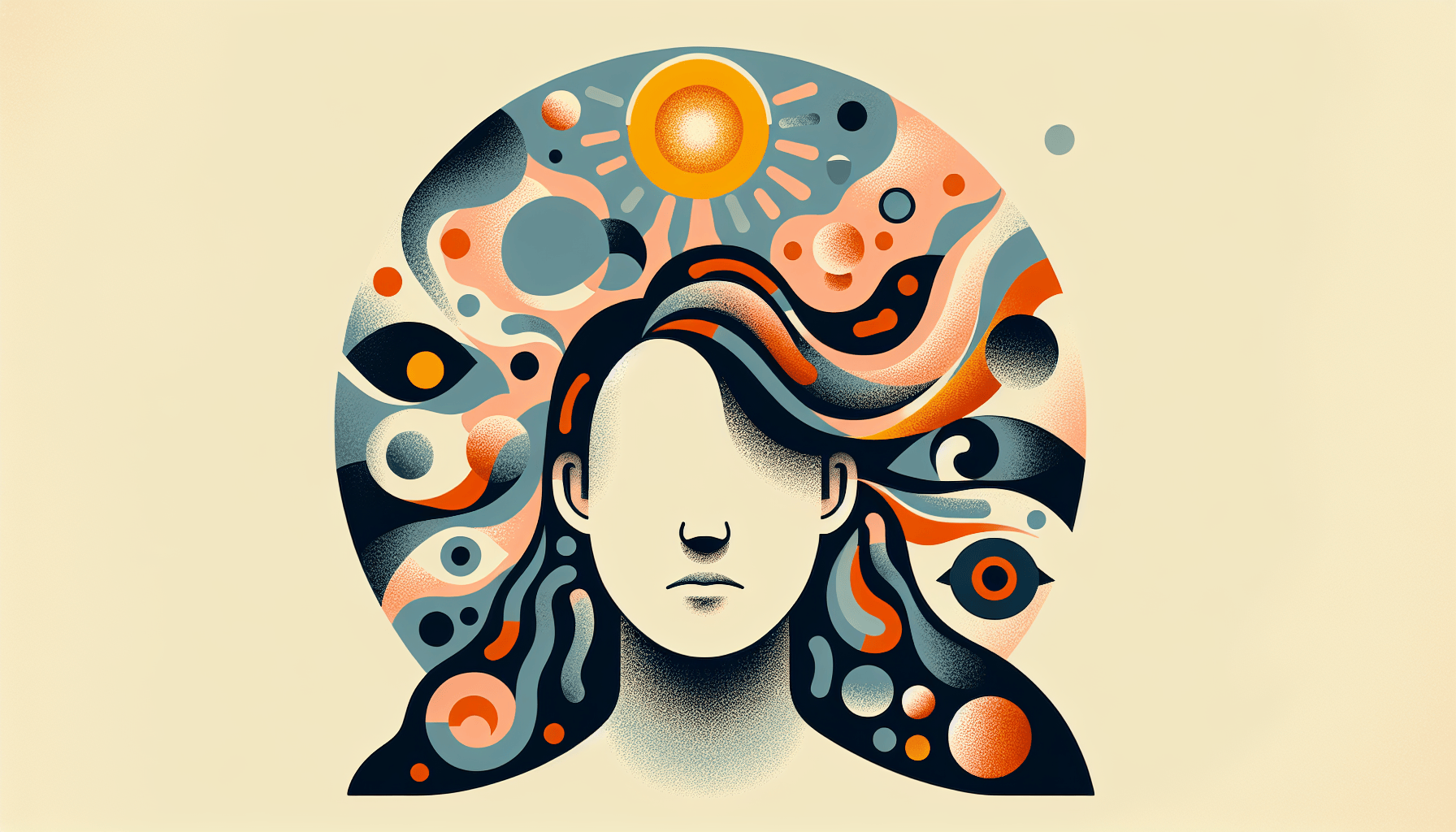Nystagmus, also known as "dancing eyes," is a condition where you experience uncontrollable eye movements. These movements can be up and down, side to side, or in a circular motion. If you or your child have been diagnosed with nystagmus, it's essential to understand the causes, symptoms, and available treatment options.
Causes of Nystagmus
Nystagmus can be present from birth or develop later in life. Some common causes include:
Genetic factors passed down from parents
Other eye issues, such as cataracts or strabismus
Diseases like stroke, multiple sclerosis, or Meniere's disease
Head injuries
Albinism (lack of skin pigment)
Inner ear problems
Certain medications, like lithium or drugs for seizures
Alcohol or drug use
In some cases, the exact cause of nystagmus may be unknown.
Symptoms of Nystagmus
The primary symptom of nystagmus is uncontrollable eye movements. These movements can be fast, slow, or a combination of both, and usually affect both eyes. Other symptoms may include:
Nodding or tilting the head to focus better
Blurred vision (more common in children)
Appearance of a shaky world (more common in adults)
Difficulty seeing in the dark
Sensitivity to bright light
Problems with balance and dizziness, especially when tired or stressed
Diagnosing Nystagmus
If you suspect that you or your child may have nystagmus, consult an eye doctor. They will examine the eyes, test vision, and look for other eye problems. Additional tests may include:
Your doctor may also perform a spinning test, where you'll be asked to spin in a chair for about 30 seconds, stop, and then try to stare at an object. If you have nystagmus, your eyes will move slowly in one direction and then quickly in the other.
Treatment Options for Nystagmus
Treatment for nystagmus depends on the underlying cause and the age at which it developed. For adults who developed nystagmus later in life, simple lifestyle changes like stopping certain medications or quitting alcohol or drug use may help lessen the effects.
Other treatment options include:
Wearing the correct contacts or glasses to improve vision
Eye muscle surgery to help with head tilting and potentially improve vision
Medications like gabapentin, baclofen, or Botox to ease symptoms in adults (not recommended for children)
LASIK or Visian ICL for people with severe nearsightedness
Living with Nystagmus
If you or your child have nystagmus, there are several ways to make daily life easier:
Use large-print books and increase the font size on digital devices
Ensure adequate lighting to improve vision
Encourage children to use their eyes with brightly colored, noise-making, and textured toys
Allow children to hold books close to their eyes and tilt their head as needed
Use hats or tinted glasses to reduce glare, even indoors
Communicate with your child's teacher to make accommodations at school, such as choosing a seat with a clear view of the board and teacher
For more information on nystagmus, consult the following resources:
If you or your child have been diagnosed with nystagmus, remember that you are not alone. Work closely with your eye doctor and other healthcare professionals to find the best treatment options and strategies to manage this condition and maintain the best possible quality of life.
The Bottom Line
While there's no cure, combining optical aids, medications, and environmental modifications can significantly improve daily functioning for most patients. Early intervention is crucial for children to prevent developmental delays in motor skills and depth perception. If you're experiencing involuntary eye movements or related vision problems, Doctronic can help you understand your symptoms and next steps.



